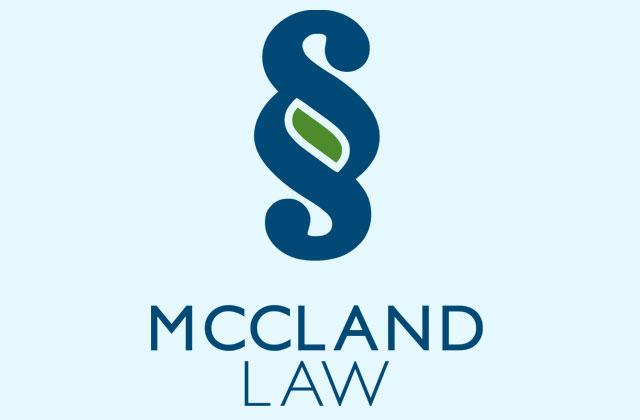When most people contact our office, they are normally in search of a Will or a Trust because their family members and friends have told them that is what they need. However, estate planning should be much more encompassing and many times it solves problems you didn’t even know you have. We are going to explore the many facets of estate planning over the next several months in a series of monthly articles. This article will focus on the most familiar document, the Last Will and Testament.
A Will’s primary functions are the following: 1.) Name those individuals of whom you want to leave a gift after your death. These individuals are called beneficiaries. 2.) Name the individual who will oversee your estate after your death and the extent of the powers of that person to sell property, continue businesses, and make other important decisions. This person is called a Personal Representative in Florida and an executor in other states. 3.) Name those individuals of whom you want to care for your minor children. 4.) State your preferences for burial or cremation. 5.) Direct your Personal Representative to file your last tax return, pay funeral expenses and any other liabilities of yourself or your estate. 6.) Finally, your Will can include your last thoughts you wish to share with your family and friends, although directions outside of what was already listed above may or may not be enforceable.
An important note: There are generally two types of gifts in a Will. A gift can be “specific” which means it is a particular piece of property or an exact amount of cash. Or, a gift can be “residuary” which includes all the estate assets left over after the “specific” gifts are distributed and all of the estate expenses and liabilities have been paid. This is an area where we see many unintended results after a person is deceased. We encourage you to talk to your attorney carefully about these different types of gifts and the potential outcomes.
Many people mistakenly believe that executing a Will prevents their estate from being subject to probate. This is not accurate. Instead, the Will is probated in the Circuit Court, and in other words, the Will directs the Court how you would like your estate to be administered. If you pass away without executing a Will, there are Florida Statutes that direct how your estate should be administered during probate. This is called an “intestate” estate. Sometimes the intestacy statutes administer the estate exactly as you would choose. But, other times they do not, which is why a Will is always preferable.
There are methods to avoid probate which can be a costly and timely process. Please look for our next article which will discuss the details of bypassing probate so that you may better understand how to implement such a plan.
Stacy is a local attorney who practices estate planning, probate, and real estate law.




